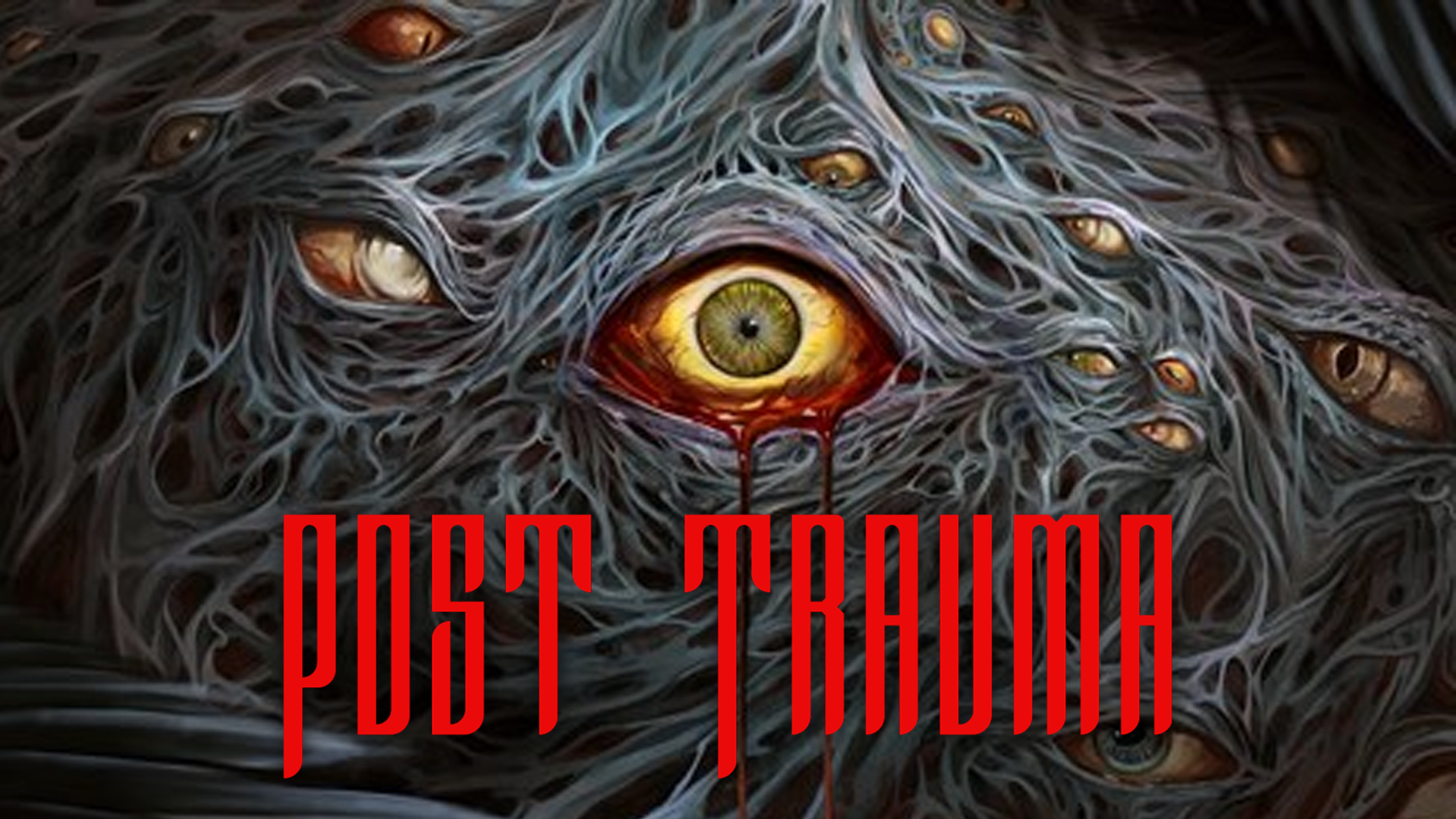
If you’re a fan of classic psychological horror games like Silent Hill or Resident Evil, Post Trauma by Red Soul Game is a hauntingly nostalgic trip that will feel both familiar and refreshingly new. In an era flooded with action-horror hybrids and open-world survival titles, Post Trauma takes a more focused and deliberate approach—emphasizing atmosphere, puzzles, and psychological dread over brute force or spectacle.
A Glimpse Into the Darkness
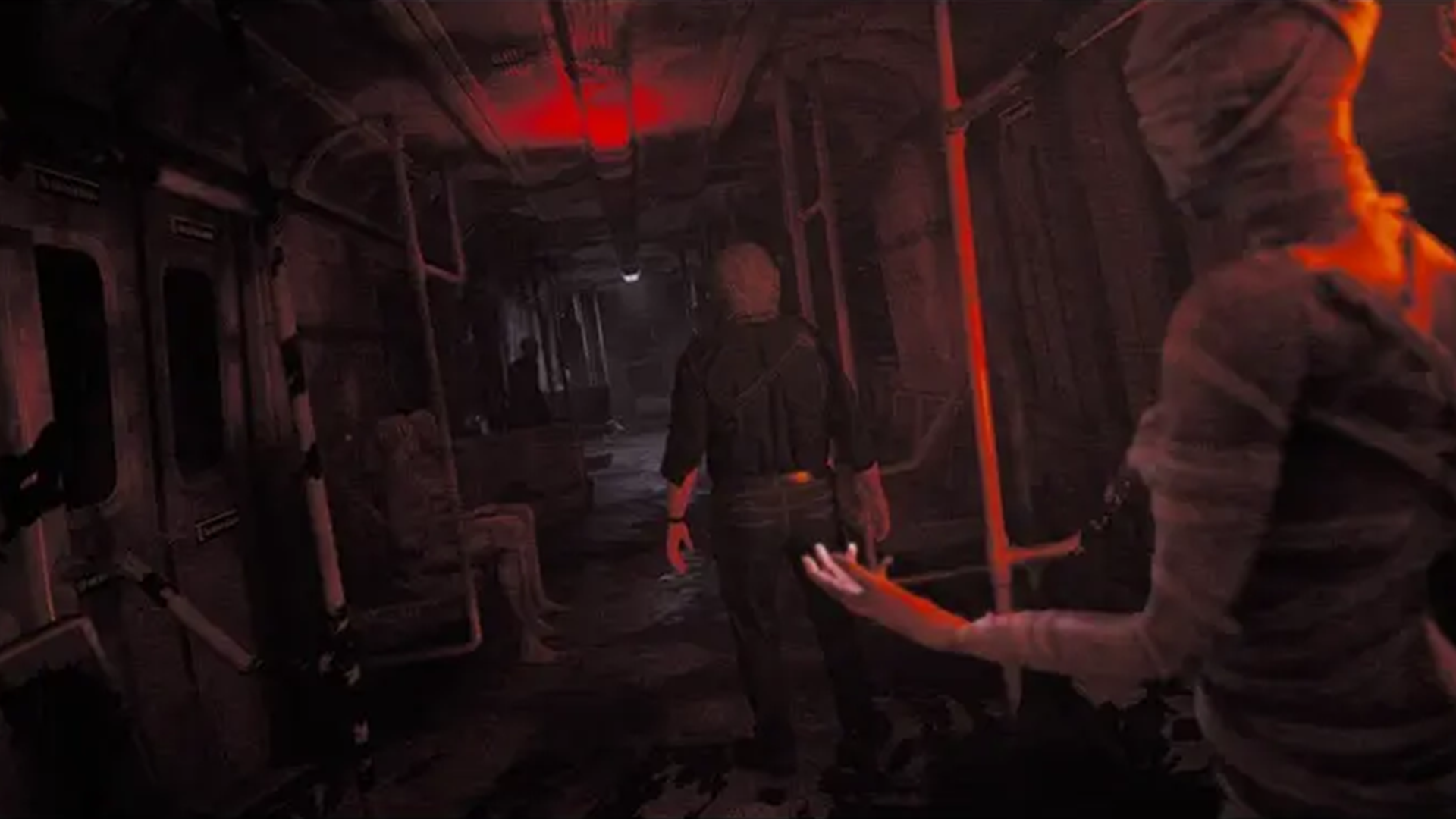
At the center of Post Trauma is Roman, a middle-aged train conductor who awakens in a disorienting and seemingly abandoned alternate reality. The game never dumps exposition on you—instead, it slowly feeds breadcrumbs about Roman’s past and mental state through scattered notes, surreal imagery, and subtle environmental storytelling. This narrative style is both understated and charming, encouraging players to piece together meaning rather than being handed a plot on a platter.
Puzzles That Challenge, Not Frustrate
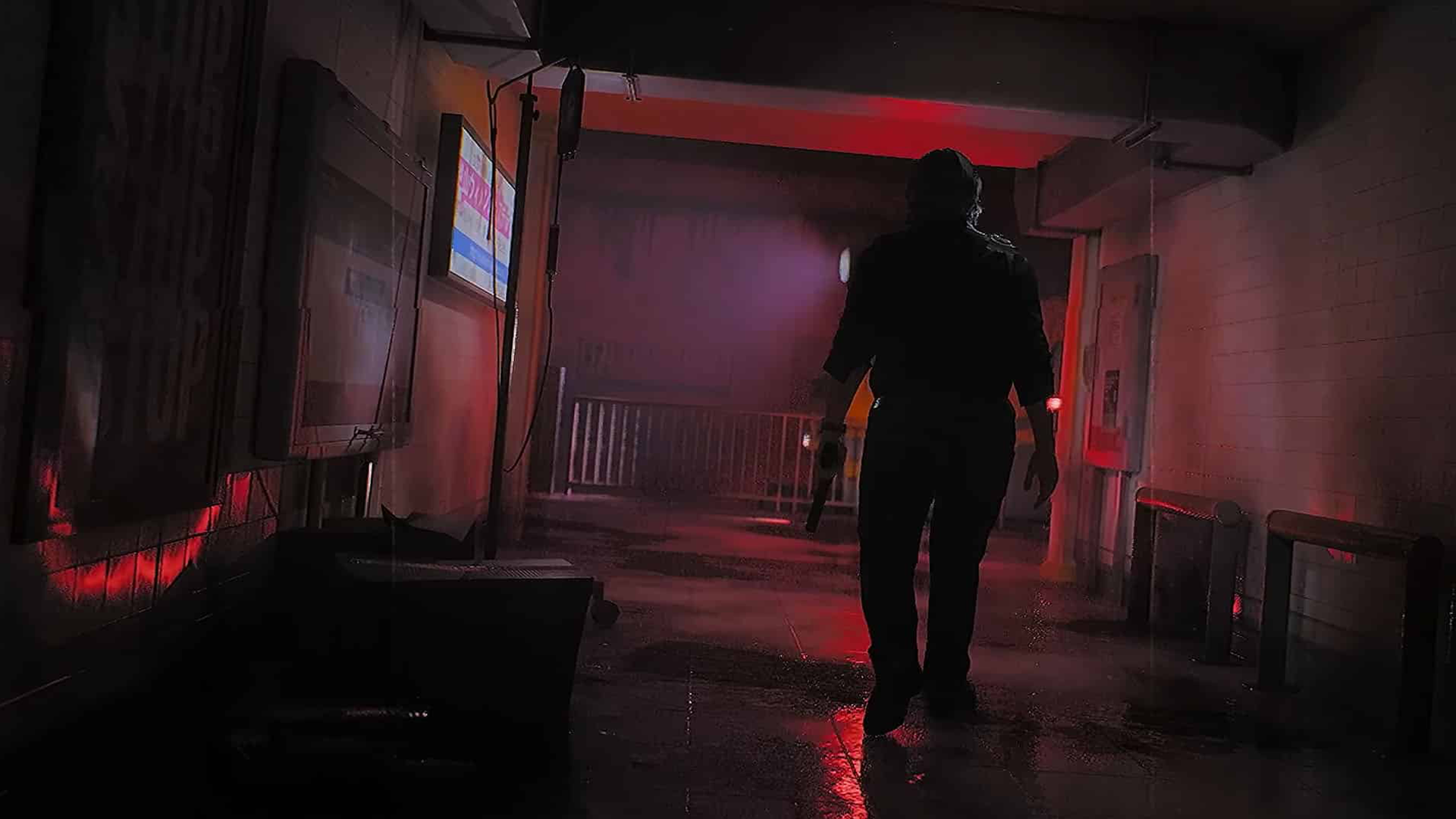
One of the most satisfying aspects of Post Trauma is its puzzle design. The game doesn’t hold your hand, but it never feels unfair. Instead of giving in to modern trends of oversimplified gameplay, it leans into the old-school mentality of "look carefully, think creatively." You’ll find yourself cross-referencing clues in notes, examining your surroundings for hints, and even drawing diagrams to solve intricate mechanisms. But despite their difficulty, the puzzles are logical. Each solution makes sense in retrospect, which keeps the challenge grounded and rewarding. It’s the kind of cerebral engagement that fans of 90s horror titles will recognize—and newcomers will appreciate for its thoughtfulness.
A Modern Take on a Retro Aesthetic
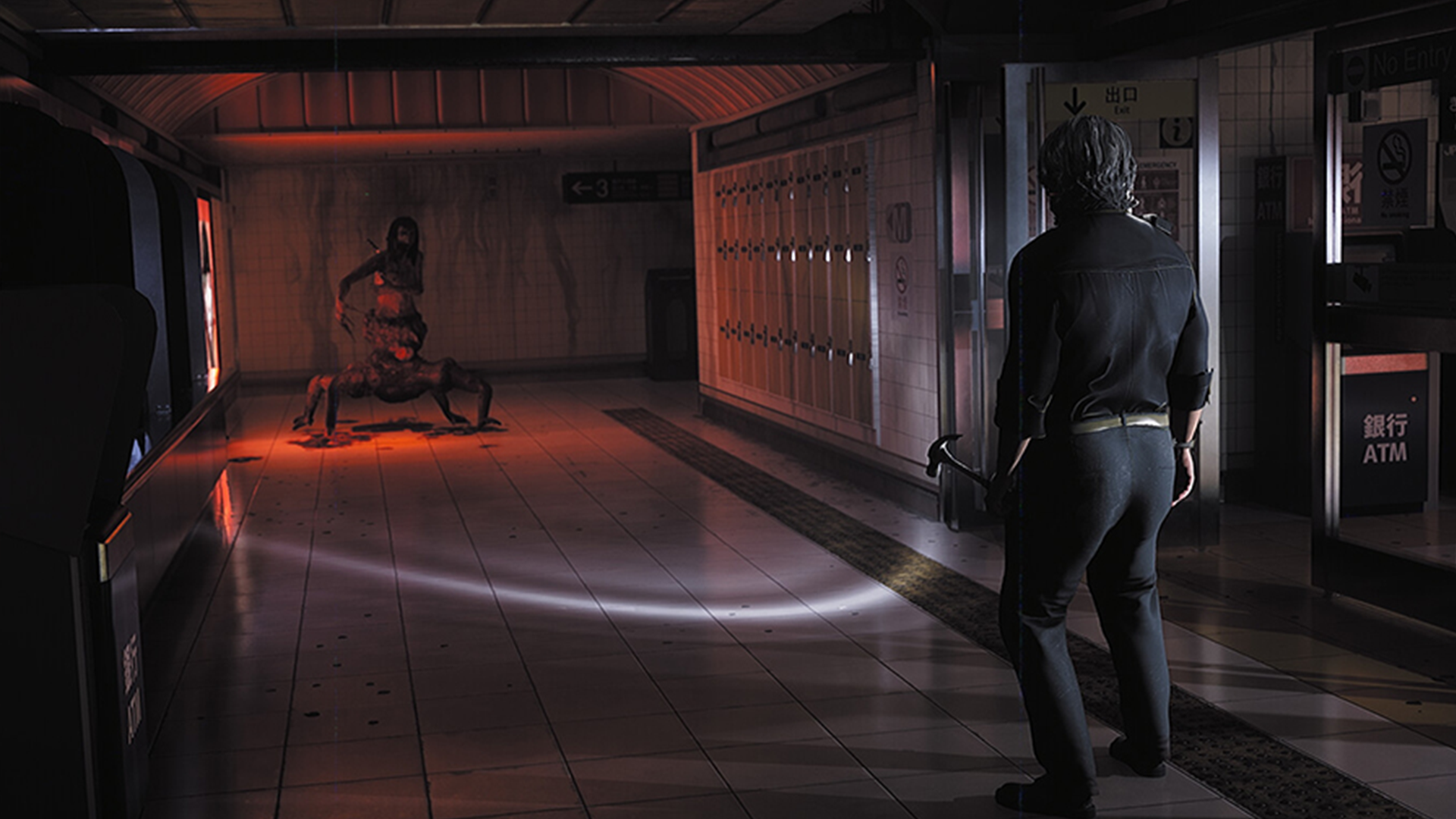
What truly sets Post Trauma apart is its art direction. The game exudes the visual tone of late 90s horror classics, complete with fixed camera angles, grainy textures, and dim, flickering lighting. Yet it’s all rendered with modern fidelity—meaning it’s more homage than imitation. Environments feel detailed and alive, dripping with atmosphere and a lingering sense of dread. Every hallway, every blood-stained door, and every sound in the distance contributes to a world that feels suffocating, isolated, and utterly compelling. Even the character design and animations, with their slightly uncanny realism, play into the theme of unease without falling into parody. It’s a balancing act that Post Trauma handles with surprising elegance.
A Love Letter to Horror, With New Stories to Tell
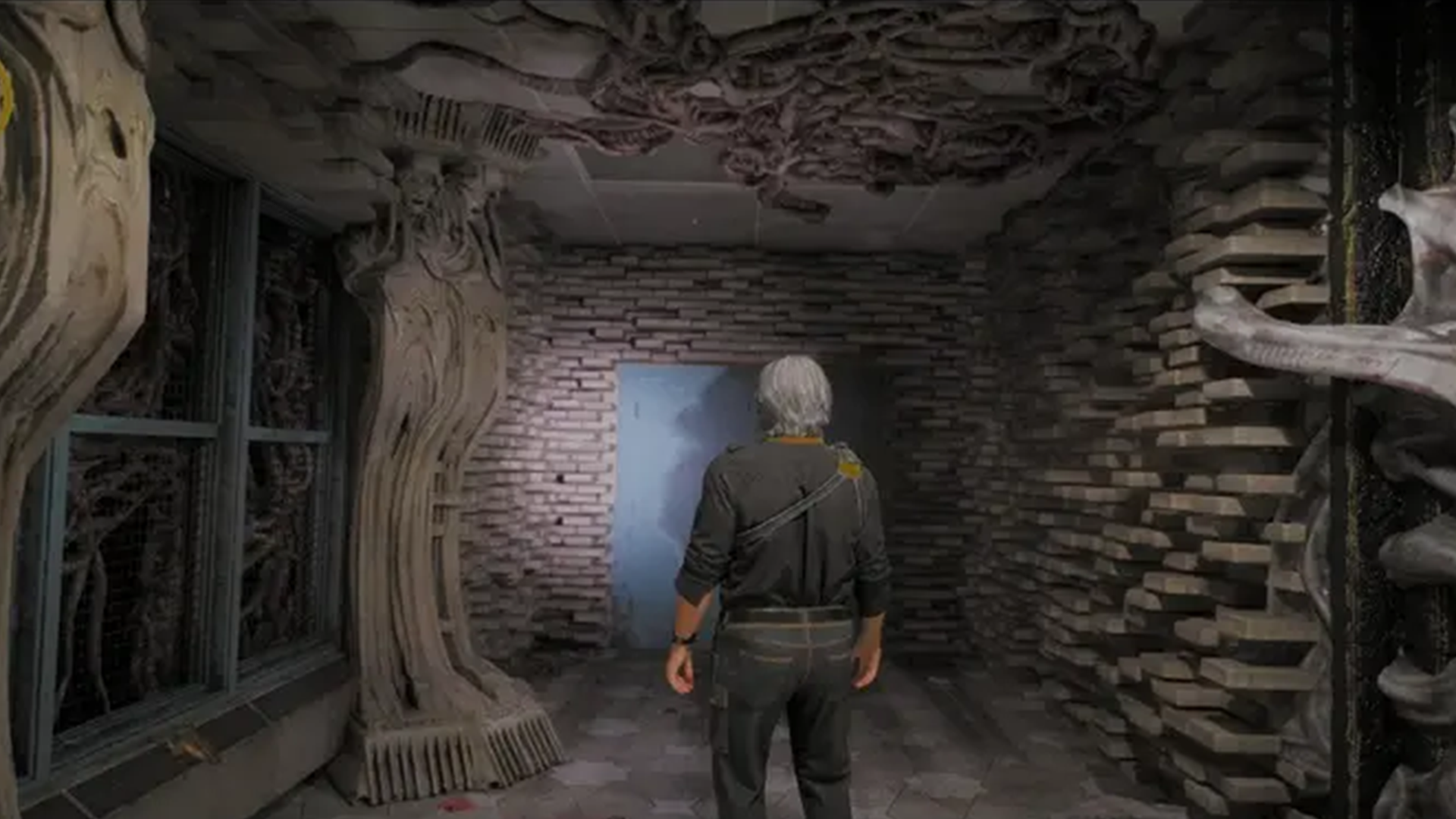
What makes Post Trauma shine is not just its deep roots in horror gaming tradition, but how it uses those roots to grow something new. The game respects its inspirations but isn’t beholden to them. It dares to be slow, quiet, and eerie in a time when horror often means explosions and jump scares. And at the center is Roman—a character you come to care for not through cutscenes, but through fragments, clues, and quiet moments of vulnerability. If you’ve been yearning for a horror game that challenges your mind as much as your nerves, Post Trauma is more than worth stepping into. Just be sure to take notes… and don’t trust every mirror you see.
You must be logged in to comment.
Comments
No comments yet. Be the first to comment!